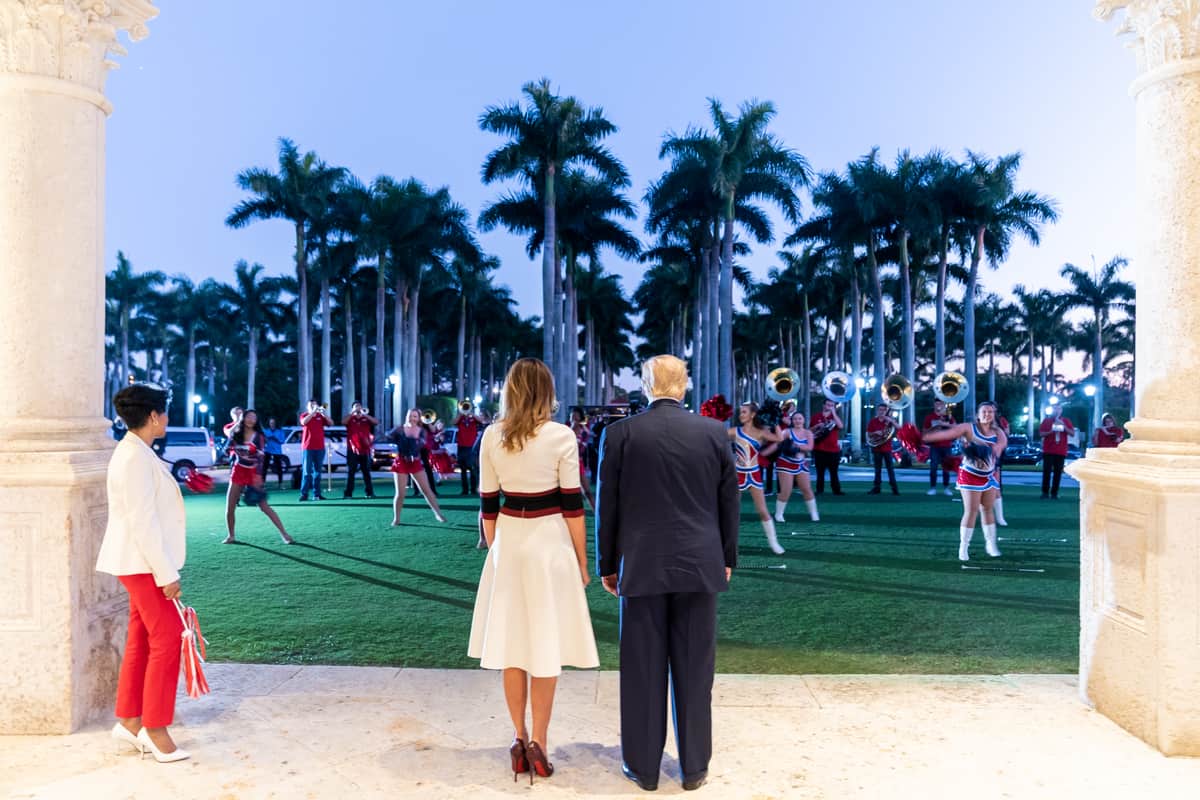When Donald Trump was president, he signed a bill into law that could eventually delist Chinese stocks from U.S. exchanges if they fail to comply with American accounting standards. “The time has come to take firm action... to put an end to the practice that has tacitly permitted companies with significant Chinese operations to flout protections United States law requires,” he wrote at the time.
Less than a year out of office, Trump reached an agreement to bring his own new media co
Subscribe or login to read the rest.
Subscribers get full access to:
- Exclusive longform investigative journalism, Q&As, news and analysis, and data on Chinese business elites and corporations. We publish China scoops you won't find anywhere else.
- A weekly curated reading list on China from Andrew Peaple.
- A daily roundup of China finance, business and economics headlines.
We offer discounts for groups, institutions and students. Go to our
Subscriptions page for details.
Includes images from Depositphotos.com


